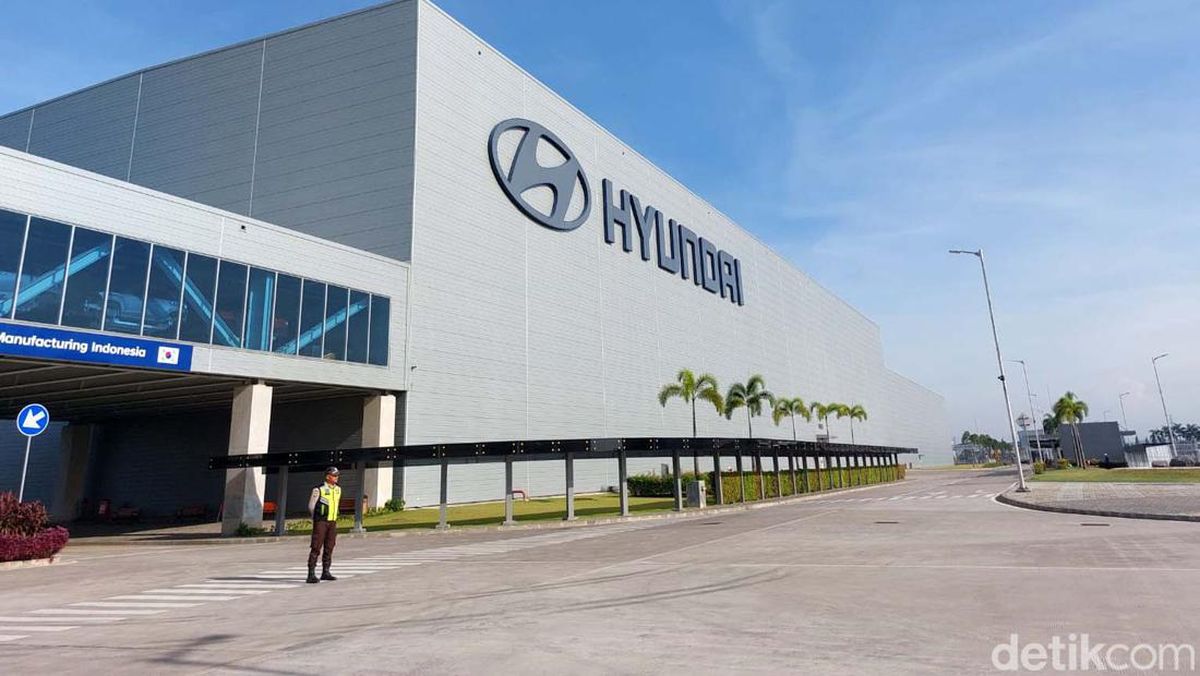New Delhi – Hyundai Motor India’s initial public offering (IPO), which raised a staggering $3.3 billion, marking the largest-ever IPO in the country by funds raised, ended with a surprising downturn as its shares dropped by nearly 5% on their first trading day. Despite the hype and anticipation surrounding this landmark IPO, shares of Hyundai Motor India fell to 1,874 rupees on the Bombay Stock Exchange (BSE) from an issue price of 1,960 rupees, signaling a rough start for the highly anticipated listing.
The IPO, which took place from October 15 to October 17, offered 142.19 million shares in a price band of 1,865 rupees ($22.18) to 1,960 rupees, ultimately raising 278.56 billion rupees ($3.3 billion). Despite the underwhelming debut, the IPO was oversubscribed by more than two times, driven by robust interest from both retail and institutional investors. Hyundai Motor India’s debut has nevertheless set an important precedent, making it the largest IPO in the history of Indian capital markets.
Hyundai Motor India’s First IPO Outside South Korea
This IPO is significant not only for the amount it raised but also because it represents Hyundai Motor Company’s first public offering of a subsidiary outside South Korea. Instead of issuing new shares to raise capital, Hyundai Motor India’s IPO was an Offer for Sale (OFS), where the parent company, Hyundai Motor Company, sold its existing stake to the public. This approach allows Hyundai to capitalize on the value of its Indian unit, which has played a vital role in the company’s global expansion.
Hyundai Motor India has long been a dominant force in the Indian automotive industry, consistently ranking among the top three car manufacturers. The company’s range of vehicles, from compact cars to luxury SUVs, has been particularly popular among Indian consumers due to their reliability, innovation, and affordability. Hyundai’s decision to go public with its Indian subsidiary reflects its confidence in the future growth of the country’s auto market.
The company’s shares are now listed on both the National Stock Exchange (NSE) and the Bombay Stock Exchange (BSE), providing liquidity and broadening the base of investors who can trade Hyundai Motor India’s stock.
Financial Institutions Behind the IPO
Hyundai Motor India’s IPO was backed by some of the world’s leading financial institutions, including Kotak Mahindra Capital, Citigroup Global Markets India, HSBC Securities and Capital Markets (India), J.P. Morgan India, and Morgan Stanley India. These investment banks served as the lead bookrunners, helping to manage and oversee the complex offering process.
Despite the weak debut, analysts remain optimistic about the IPO market in India. In June, Neil Bahal, founder of Negen Capital, stated that 2024 could be a “record-breaking year” for IPOs in India. He attributed this to strong fundamentals, growing retail participation, and supportive policies from the Securities and Exchange Board of India (SEBI). Bahal emphasized that the surge in IPOs wasn’t just a result of opportunistic tech companies going public but was rooted in a broad-based increase in market confidence and opportunities for growth.
The Road Ahead for Hyundai Motor India
While the nearly 5% drop in Hyundai Motor India’s stock price may raise concerns among short-term investors, market experts believe this dip should not overshadow the company’s long-term potential. The post-IPO volatility is common, especially after such a massive offering, where initial investors may look to cash in their profits quickly. Hyundai Motor India’s fundamentals, however, remain solid.
The company has a commanding presence in India’s automotive market and is well-positioned to leverage its strengths, particularly as the country’s demand for electric vehicles (EVs) and sustainable transportation grows. Hyundai has already made significant strides in electric mobility, introducing new models and investing in eco-friendly technologies to meet evolving consumer demands.
India’s automotive sector is undergoing a transformation, with consumers increasingly looking for greener, more fuel-efficient vehicles. Hyundai Motor India, with its established brand reputation, robust distribution network, and focus on innovation, is well-equipped to capitalize on these trends.
Although the initial trading day may have been underwhelming, the long-term outlook for Hyundai Motor India remains bright. Investors with a longer investment horizon may view this temporary dip as an opportunity to acquire shares in one of India’s leading automotive companies at a discounted price. Given its strong brand, market leadership, and future growth prospects, Hyundai Motor India’s stock is likely to stabilize and perform well in the long run.






